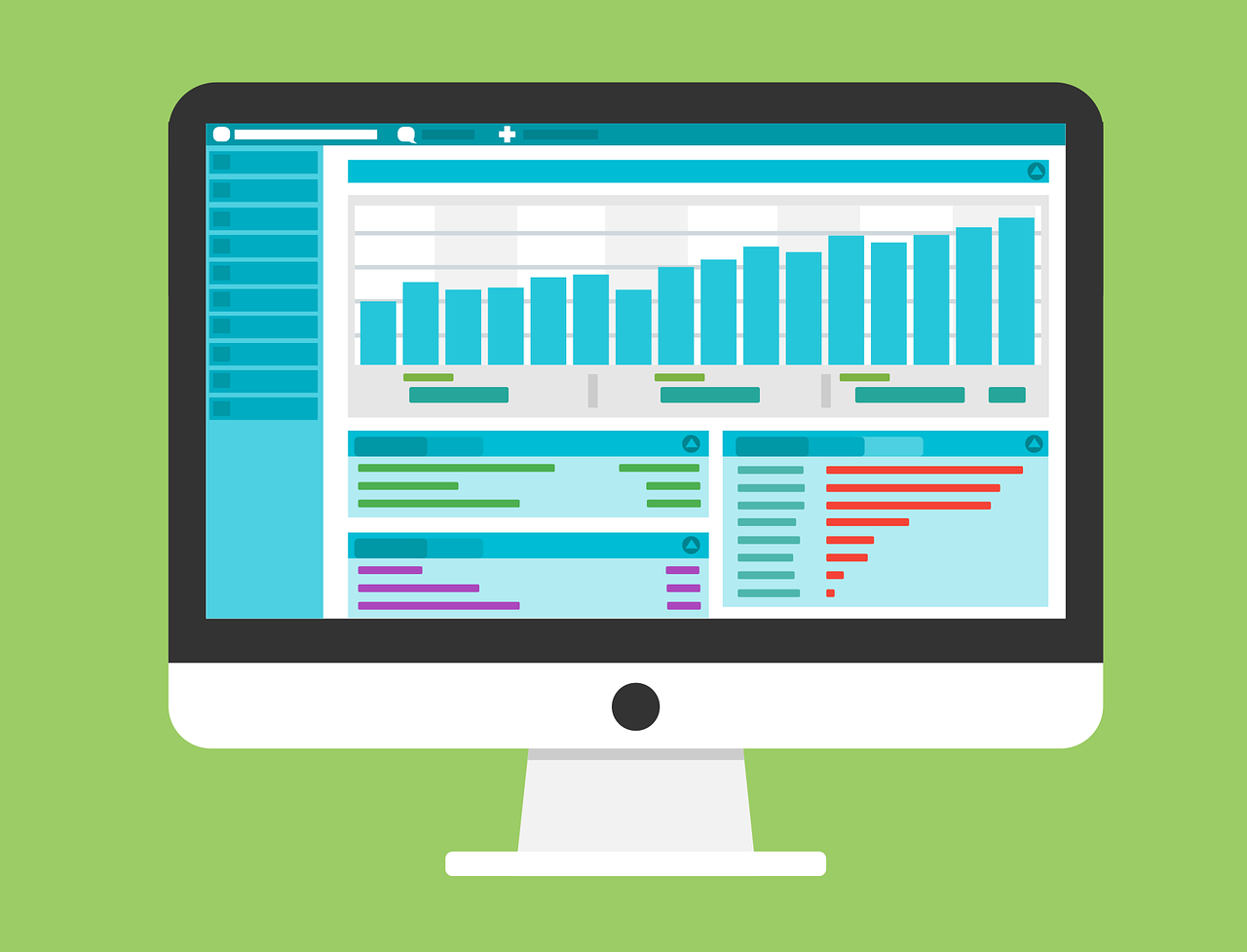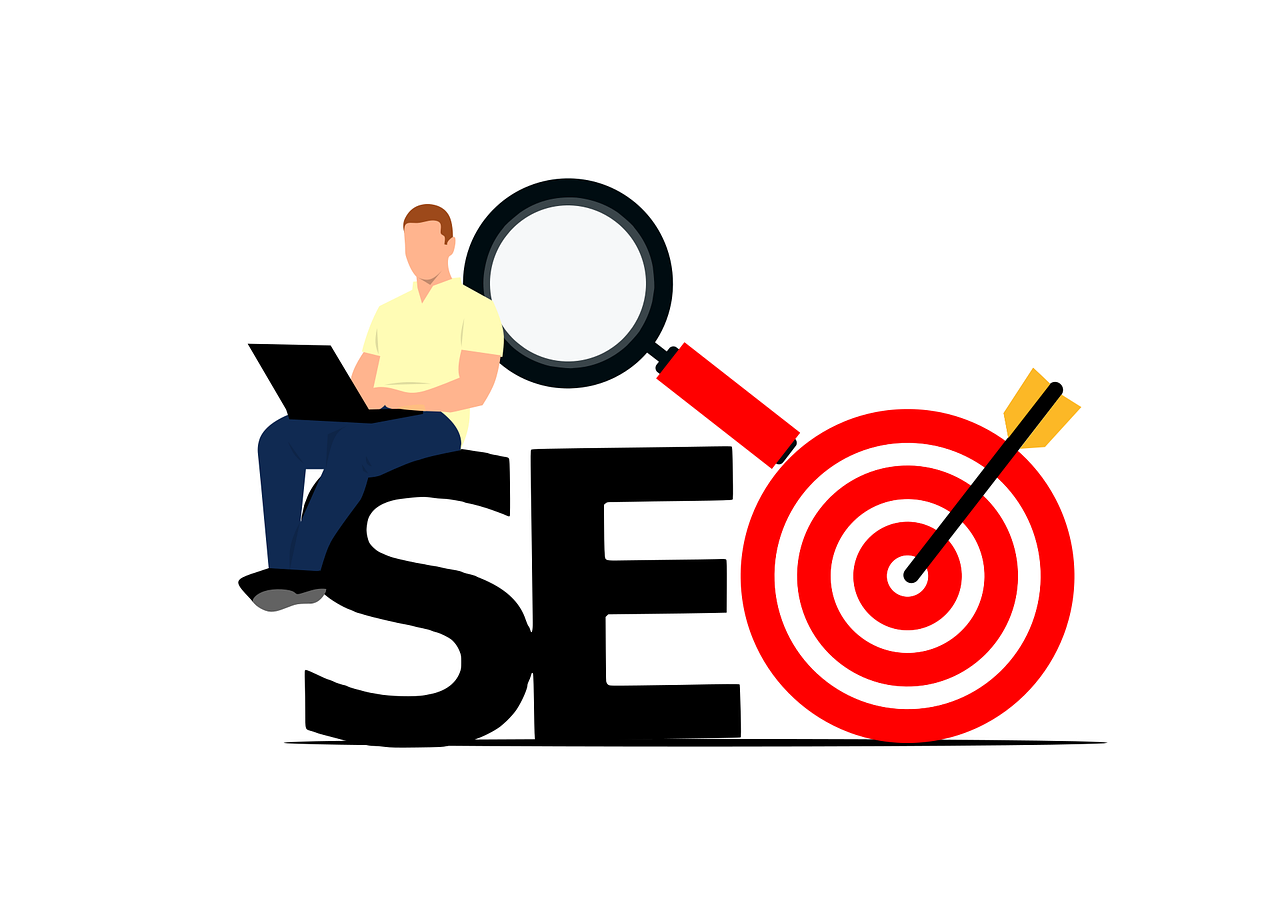Understanding Book Metadata: A Guide for Authors and Publishers
When you're writing a book, you may not think much about anything else but getting it finished and published. But a crucial stage in that publishing is how to optimize book metadata, author metadata, and publishing metadata. We've put together this metadata guide to help your book get discovered.
Metadata Guide
Before we take a closer look at book metadata, first, we need to get our heads around what exactly metadata is. As a term, it can be a bit abstract, so let's break it down.
Data is information, usually facts and statistics. It is gathered to be analyzed and used to explain things. The word meta is often used in media texts like films, books, or TV shows. If something is meta, it is self-referential, and it makes references to itself or the type of thing it is. When a movie breaks the fourth wall and talks to the audience, this is being meta.
What Is Metadata?
So, when we put those words together to get metadata, we are looking at data that gives information about other data. It could be understood to be the data about the data, which is to say, information that describes other information. When it comes to your work, you should follow the metadata best practices for books, which we will discuss later.

The Purpose of Metadata
So, what exactly do we need metadata for? Well, it's really important for organizing information. If people are trying to access statistics or facts, having metadata will allow them to find what they are looking for. Metadata will divide data into categories, which is beneficial for understanding what exactly the data is for. For example, if you have a list of people with their names, when they were born, and where they were born, it is important to know which piece of information is which. Otherwise, you could confuse someone's name with the name of the country they were born in. Therefore, metadata is necessary, as the data helps us understand what we are looking at.
Types of Metadata
There are a few different types of metadata, like the following:
- Administrative metadata: This is data for people to decide who can access information.
- Descriptive metadata: This looks at the specific characteristics of pieces of data.
- Legal metadata: This gives information about issues like copyrighting and licensing.
- In addition: This explains where each piece of the data belongs in the sequence of data.
- Process metadata: This talks about how the data was collected (for example, a survey).
- Provenance metadata: This looks at the history of the data.
- Reference metadata: This talks about the overall quality of the data that was collected (whether it was useful or not).
- Statistical metadata: This helps people apply statistics that are used in the data.
- Structural metadata: This looks at how different elements of the data are put together.
- Use metadata: This is data that is analyzed when someone accesses the data.
And yes, this metadata guide is basically information about data that talks about data. It's okay if you need a minute to understand that!

What Is Book Metadata?
So, we now know what metadata is in general, but how does it apply to your book? When it comes to book metadata, we are talking about information about your book that can help readers locate it. Websites, people working in bookstores, and readers all use metadata to discover your book. The type of metadata you will supply about your book can be divided into two categories:
- Core Metadata
- Enhanced Metadata
Let's break down these terms:
Core Metadata Guide
Core Metadata can be thought of as the mandatory data you have to supply about your book. Put simply, it's information like the title and subtitle of the book and your name as the author (or pen name). It also includes the International Standard Book Number (ISBN). This is a 13-digit number that every book has. Every book has a different ISBN. Regardless of whether a book is printed, audio, or an eBook, it needs to have an ISBN. Other important pieces of core metadata include the category (or genre) of the book, any contributors, and the rights holders.
It is of vital importance that all of this data be supplied to the publishers and distributors of your book.
Enhanced Metadata Guide
Unlike the core metadata, enhanced metadata isn't necessarily required to publish your book. This is additional data that can help people find you or your book. This type of book metadata includes a description of the book and the author's bio. It could also be things like book reviews, an excerpt from the piece, or where the images came from.
In addition to the information about your book that you provide, it's also important to supply author metadata and publisher metadata.
Author and Publisher Metadata Explained
The author's metadata is the information about yourself that you provide to distributors. This includes things like your name and author bio. It's basically telling your reader who you are and why you wrote the book. You should also mention other books or pieces of work you have done and what your background related to the topic of the book is. You could include what inspired you to write the book and who you wrote it for.
Publisher metadata is information about the publisher and publication of the book. This needs to include the publisher's name and rights holders, as well as the date of publication. If there are multiple editions of the book, it is important to include that information too.
The Importance of Book Metadata
When you were writing your book, you were probably hoping that somebody was ultimately going to buy it and read it, right? Of course you were; that's what books are for! Well, if you want people to be able to read your book, don't they have to be able to find it first?
This is what book metadata is all about! You have written a masterpiece and want it to be your new bestseller, so you need to ensure your target audience can find it. Your potential readers need to know what your book is called, what it's about, and who wrote it if they are going to consider buying it. The information you provide will let your next reader know that your book is the one they are looking for.
Book Metadata is particularly important in our online world. When a customer goes online to try to find a book, they don't have the same experience as they would in a bookstore. There is nobody working there who can make recommendations or help them find a book. They are solely relying on the algorithm the online store is using. So, you need to make sure you have provided enough relevant information about your book. Think about what happens online when you buy something. The site doesn't just let you go on your way; it tells you what else you may like. The reason it can do this is because of metadata. So, if somebody buys a book similar to yours, the website needs to know that your book is the right one to recommend and that the reader will likely buy it. Similarly, in terms of metadata best practices for books, it helps if you provide plenty of author metadata and publisher metadata, so if a reader buys one of your books, they will be able to see other books you've written.
It's important that you think about how to optimize book metadata to make sure your book is discoverable by those who want to read it.

Metadata Best Practices for Books
We've all had moments where we've been chatting with someone, and they begin to overshare. They say something, and we think, "Woah, too much information!". While in everyday conversation, it's possible to say too much, when it comes to book metadata, too much doesn't exist!
We've talked about how more people are finding books online than in stores. This makes metadata even more important. After all, the website you are selling your book on has to be able to clearly point to your masterpiece as the one the shopper should buy. Simply put, when it comes to optimizing book metadata, provide as much of it as you can! A big mistake a lot of authors make is selling their books online without posting any enhanced metadata. Sure, it may not be mandatory, but if you want your book to sell, you simply must include things like an author bio and any good reviews you have gotten.
Spend plenty of time putting together your information. While you are probably eager to just get your book published, it's worth taking the time to carefully craft things like your author bio and a book description. You've put so much time, energy, and creativity into making sure your book is as great as it can be; it's worth spending some more time to ensure people will be able to find it. Take the time to review your bio and description and ensure there are no simple errors, like spelling mistakes.
Speaking of reviews, they are key. It's one thing to tell people in your own words how great your work is, but if it comes from another professional, it sounds even better! Take the time to approach other writers who have knowledge in the area of the book you wrote. It's worthwhile making sure your reviews are of good quality and read well, and the way to make sure that happens is by asking the right people.
One final crucial part of the process is making sure all your information is accurate and consistent. Whether it's book metadata, author metadata, or publisher metadata, it needs to be the correct information, and you need to provide every distributor with the same information.
After spending so long working on your creative writing project, it may feel somewhat tedious to have to spend so much time putting together boring facts. But the importance of book metadata is clear, and it is worth taking the time to do it right.
How to Optimize Book Metadata
We know now that metadata is really important and worth doing right. So, let's take a look at how you can enhance your metadata to ensure it is as effective as it can be:
- Keywords really are key, and you should use them the right way. Search engines love keywords so much, and this is something you can capitalize on. Optimize your author bio by placing keywords carefully throughout. The keywords you should be using are the kinds of words that people will search for if they want to buy your book or one like it. Make sure you have the relevant category and genre listed so that readers know that your book is exactly what they are looking for.
- The book metadata you provide should work across all the platforms you are selling it on. Keep it consistent across different websites and distributors. This way, readers won't be confused about what exactly your book is about or who wrote it. Be particularly careful with your author name; make sure you use the same one each time, whether it's a pen name or your real name.
- If you want to sell your book, you have to have a great subtitle. Make your subtitle a sales pitch for your book that captivates readers and gives them no choice but to read it. Nowadays, we have an abundance of choices in what we can read, so it's important that you make your work stand out.

Keep in mind these metadata best practices for books to make your masterpiece stand out among the rest.
In Summary
The importance of book metadata, author metadata, and publisher metadata cannot be understated. If you want readers to be able to find and enjoy your work, you need to ensure you follow metadata best practices for books as outlined in this metadata guide.










